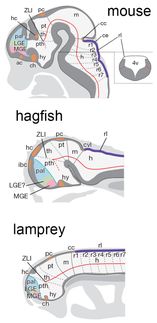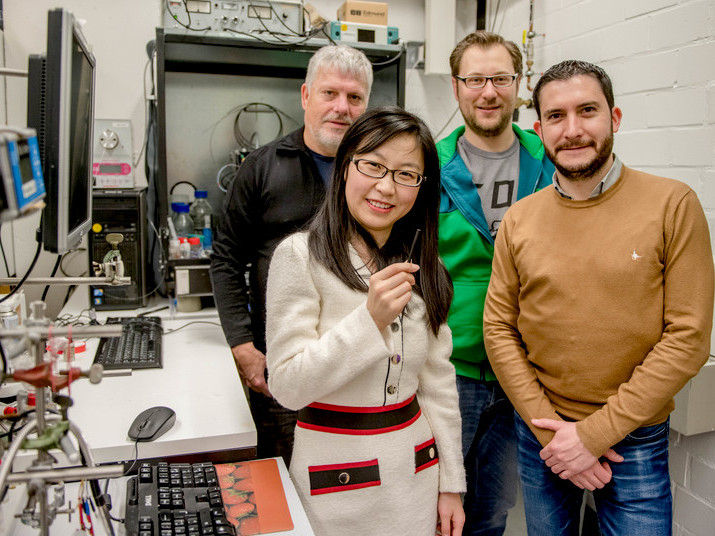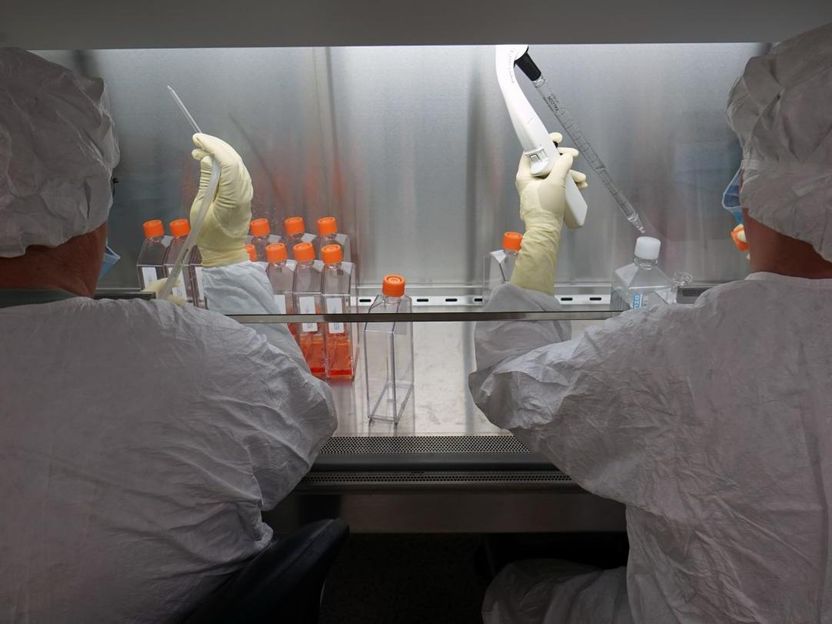Without ancestral gene life on Earth might not have evolved beyond slime
Researchers at the University of British Columbia have identified a common ancestral gene that enabled the evolution of advanced life over a billion years ago.
The gene, found in all complex organisms, including plants and animals, encodes for a large group of enzymes known as protein kinases that enabled cells to be larger and to rapidly transfer information from one part to another.
"If the duplications and subsequent mutations of this gene during evolution didn't happen, then life would be completely different today," said Steven Pelech, a professor in Division of Neurology in the UBC Faculty of Medicine. "The most advanced life on our planet would probably still be bacterial slime."
Plants, animals, mushrooms and more all exist because they are made up of eukaryotic cells that are larger and far more complex than bacteria. Inside of these eukaryotic cells are hundreds of organelles that perform diverse functions to keep them living, just as different organs do for the human body.
The new research identifies the gene that gave rise to protein kinases. On a cellular scale, these highly interactive signaling proteins play a role similar to the neurons in the brain by transferring information throughout the cell by a process known as protein phosphorylation.
This ability to transmit signals from one part of the cell to another not only enabled cells to become more complex internally, but also allowed cells to come together to form systems, paving the way for the evolution of intelligent life.
Research into these enzymes has become very important to medicine. More than 400 human diseases like cancer and diabetes are linked to problems with cell signaling. Disease occurs when a cell gets misinformed or confused. Today about one-third of all pharmaceutical drug development is targeted at protein kinases.
For more than 30 years, researchers have known that most protein kinases came from a common ancestor because their genes are so similar.
"From sequencing the genomes of humans, we knew that about 500 genes for different protein kinases all had similar blueprints," said Pelech. "Our new research revealed that the gene probably originated from bacteria for facilitating the synthesis of proteins and then mutated to acquire completely new functions."
The same gene that gave rise to protein kinases also led to the formation of a group of enzymes know as choline and ethanolamine kinases. The choline kinase enzyme is critical for the production of phosphatidylcholine, a major component of the membranes that wrap around eukaryotic cells and their organelles, but is missing from bacteria.
Pelech says that the approach they used to study the evolution of this gene could be adapted to study other important protein families and could eventually lead to the creation of a protein version of the evolutionary tree of life.
Original publication
Other news from the department science

Get the life science industry in your inbox
By submitting this form you agree that LUMITOS AG will send you the newsletter(s) selected above by email. Your data will not be passed on to third parties. Your data will be stored and processed in accordance with our data protection regulations. LUMITOS may contact you by email for the purpose of advertising or market and opinion surveys. You can revoke your consent at any time without giving reasons to LUMITOS AG, Ernst-Augustin-Str. 2, 12489 Berlin, Germany or by e-mail at revoke@lumitos.com with effect for the future. In addition, each email contains a link to unsubscribe from the corresponding newsletter.
























































